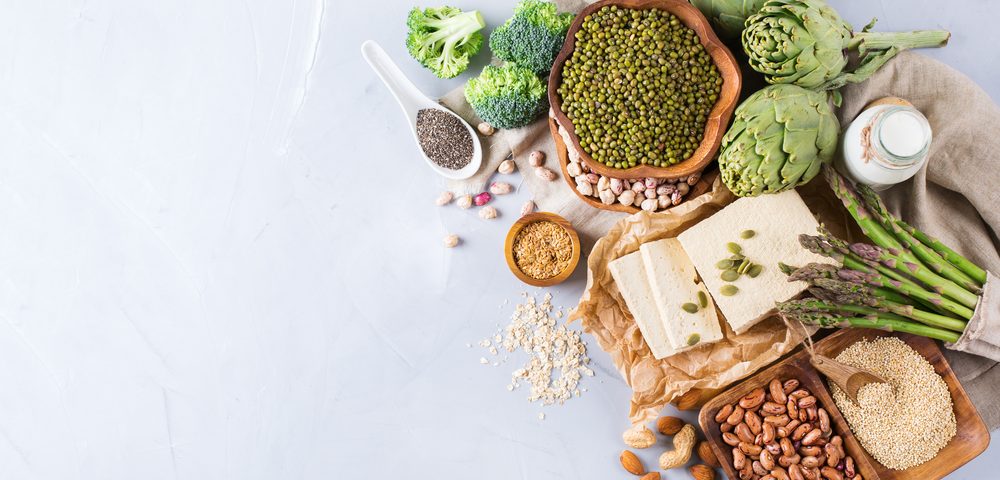Consuming soy foods and cruciferous vegetables may reduce common side effects reported by breast cancer patients during and after treatment, a study found.
In the study, researchers at Georgetown Lombardi Comprehensive Cancer Center show that a higher intake of soy-derived foods (such as soy milk, tofu and edamame), as well as cruciferous vegetables (including cabbage, kale, collard greens, bok choy, Brussels sprouts and broccoli), are associated with fewer treatment-related menopausal symptoms and fatigue.
The study, “Dietary intake of soy and cruciferous vegetables and treatment-related symptoms in Chinese-American and non-Hispanic White breast cancer survivors,” was published in Breast Cancer Research and Treatment.
Breast cancer survivors know certain side effects may last months or even years after treatment is completed. One of the most common side effects affects estrogen production, leading to patients often experiencing hot flashes or night sweats, among other side effects.
The study included breast cancer survivors from two ethnic backgrounds: 173 non-Hispanic white and 192 Chinese Americans, including U.S.-born Chinese and Chinese immigrants. All participants were diagnosed between 2006 and 2012 and were recruited from two California cancer registries.
Researchers crossed patient-reported dietary regimens with outcomes associated with menopausal symptoms, including hot flashes, night sweats, vaginal dryness, vaginal discharge, joint problems, fatigue, hair thinning and loss, and memory problems.
“Soy food and cruciferous vegetable intake ranged from no intake to 431 and 865 g/day, respectively, and was higher in Chinese American survivors. Higher soy food intake was associated with lower odds of menopausal symptoms and fatigue. However, when stratified by race/ethnicity, associations were statistically significant in non-Hispanic white survivors only. Compared with low intake, higher cruciferous vegetable intake was associated with lower odds of experiencing menopausal symptoms in the overall population,” the scientists wrote.
Other possible associations with higher intake of soy foods also were found, including fewer reports of joint problems, hair thinning and loss, and memory loss; however, these associations were not statistically significant.
“These symptoms can adversely impact survivors’ quality of life and can lead them to stopping ongoing treatments,” Sarah Oppeneer Nomura, PhD, said in a press release. “Understanding the role of lifestyle factors is important because diet can serve as a modifiable target for possibly reducing symptoms among breast cancer survivors.”
While a trend was observable in the benefit for Chinese women, results were not statistically significant. The authors hypothesize that this might be because Chinese women traditionally consume higher amounts of cruciferous vegetables and soy foods, which might be the reason why they report fewer menopausal symptoms.
While more data from larger study populations would be important, this project addresses an important gap on the possible role of lifestyle factors, such as dietary habits, in relation to side effects of treatments, Nomura noted.
Nonetheless, the researchers warn patients not to start eating soy if they have not consumed it before, because previous studies suggest that only life-long consumers of soy foods and cruciferous vegetables benefit. For people who don’t consume these foods on a regular basis, results might actually be worse.

